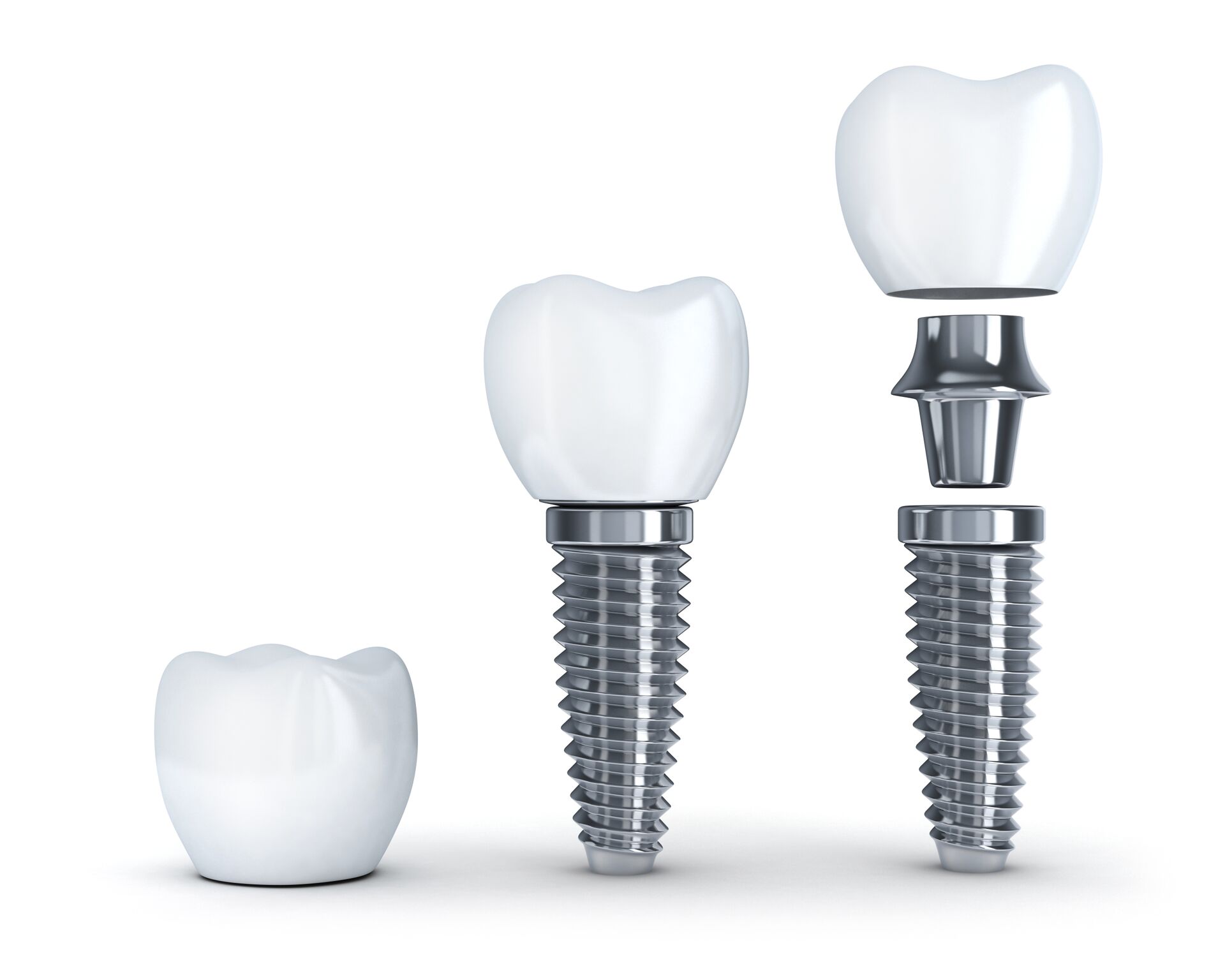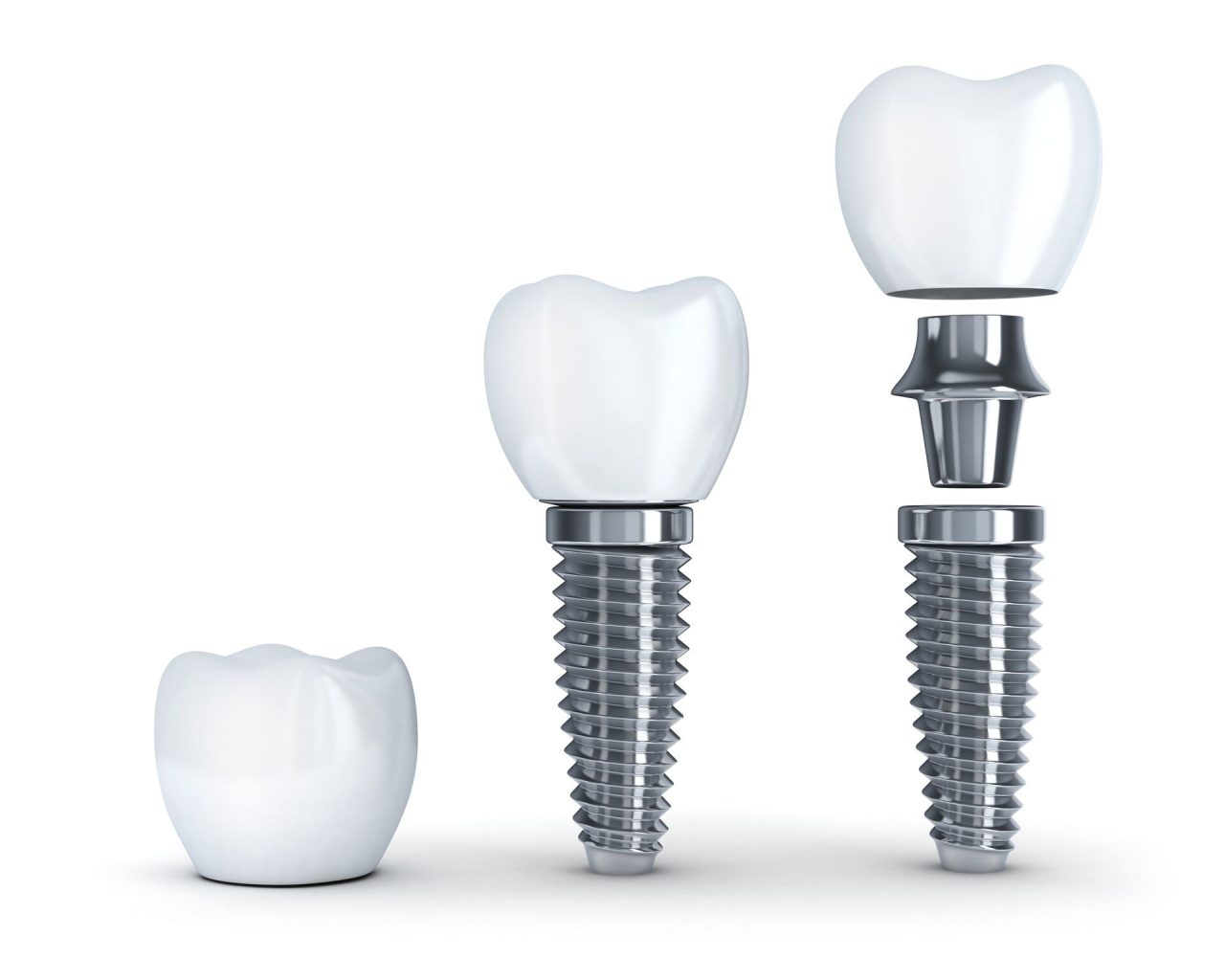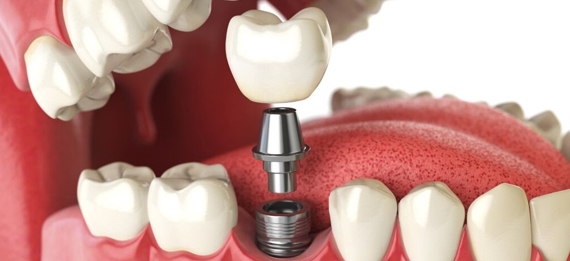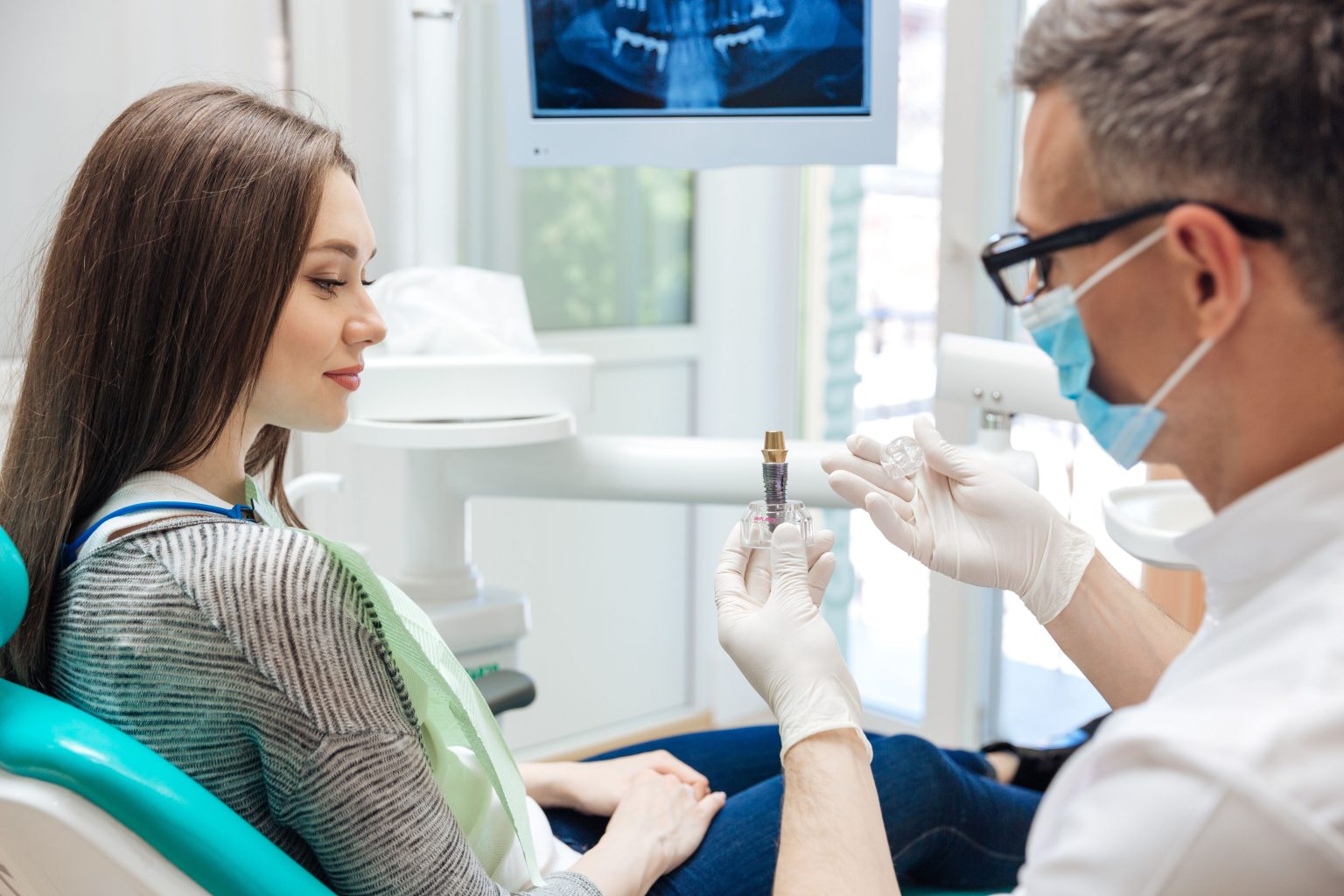Have you been putting off needed orthodontic treatments because you’re anxious about your appearance with braces? Invisalign aligners offer the best alternative to metal braces for adults and teens. These clear aligners are the virtually invisible way to achieve the straight smile you desire without anyone noticing!
The Invisalign Advantage
Your Invisalign aligners will transform your life without impacting it. You can remove them, enabling you to eat anything you like and enjoy your favorite activities. It’s easy to clean your teeth and pop your aligner back in.
Invisalign clear aligners have been shown to reduce the time it takes for your orthodontic treatment. They are also effective in correcting complex cases. The secret lies in the proprietary SmartForce and SmartTrack material, which enable us to shift your teeth with precision. With Invisalign, you’ll achieve a perfect smile without anyone knowing!









